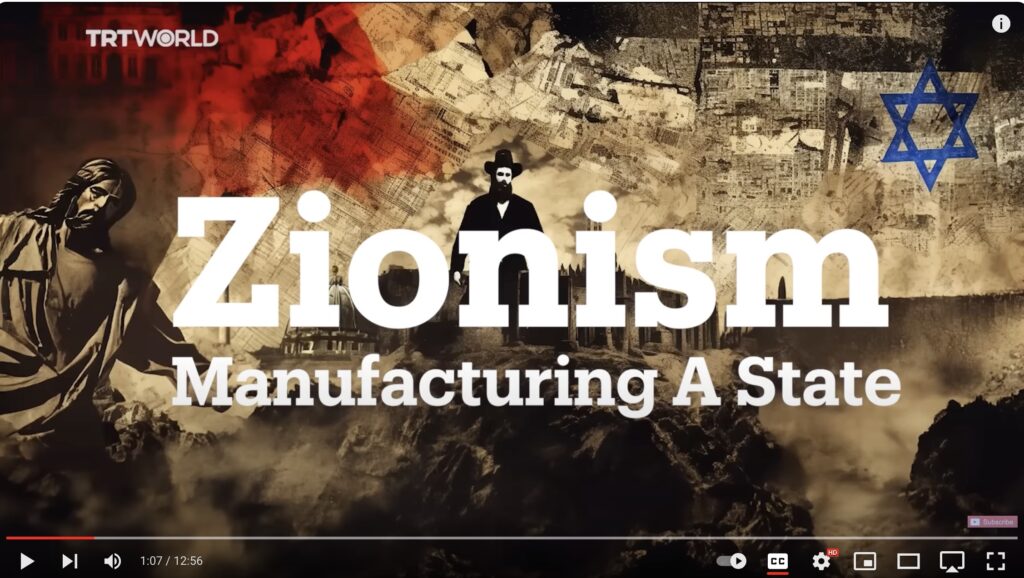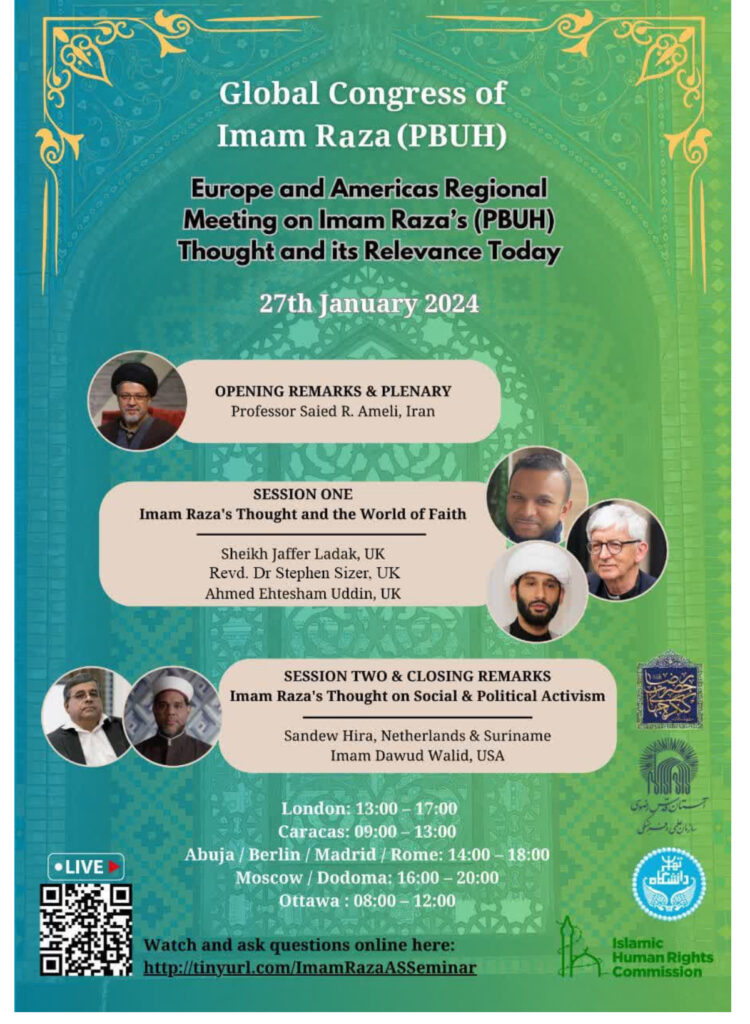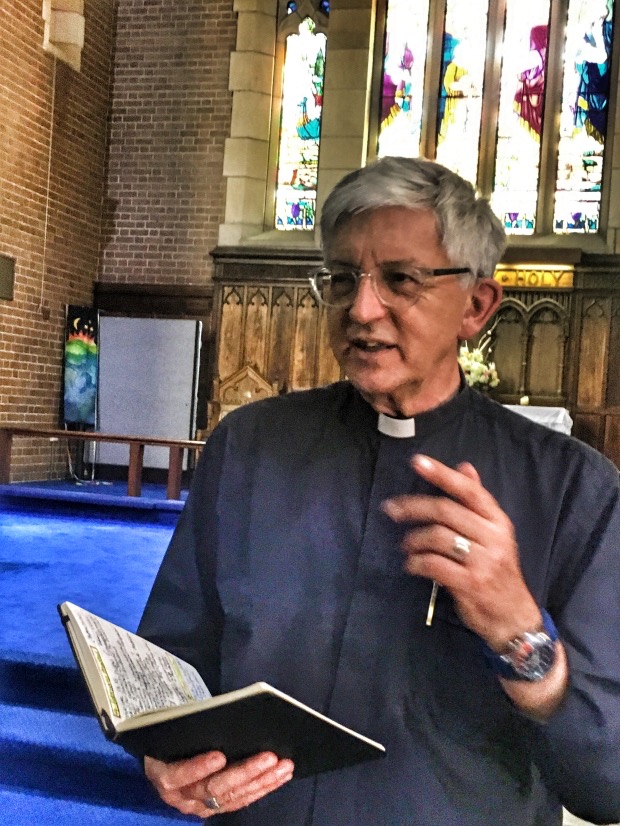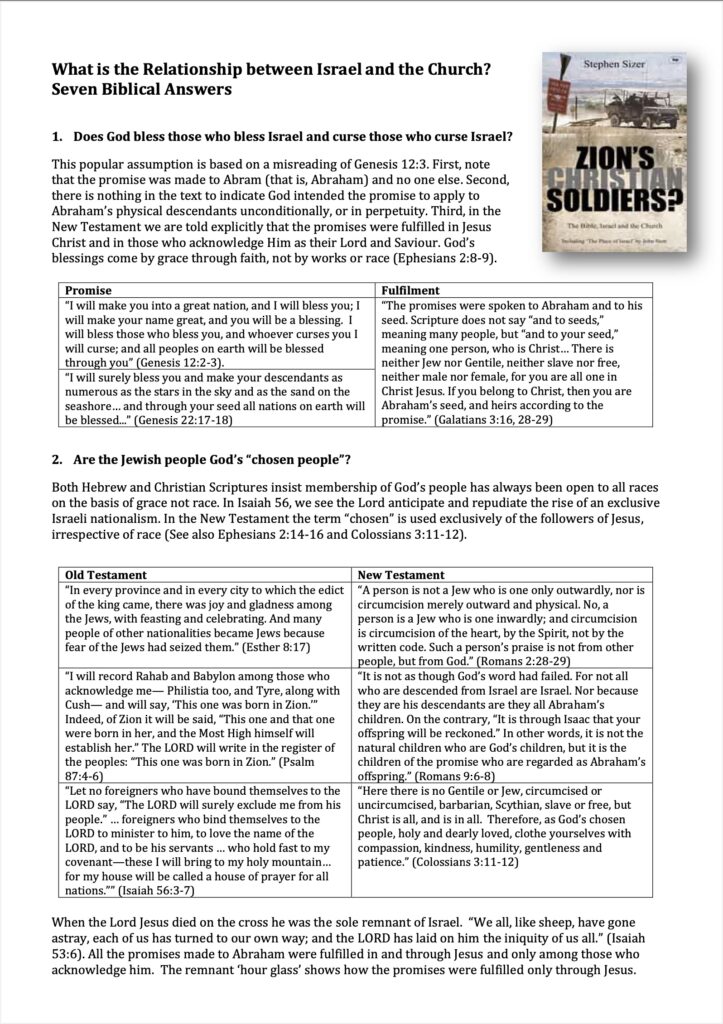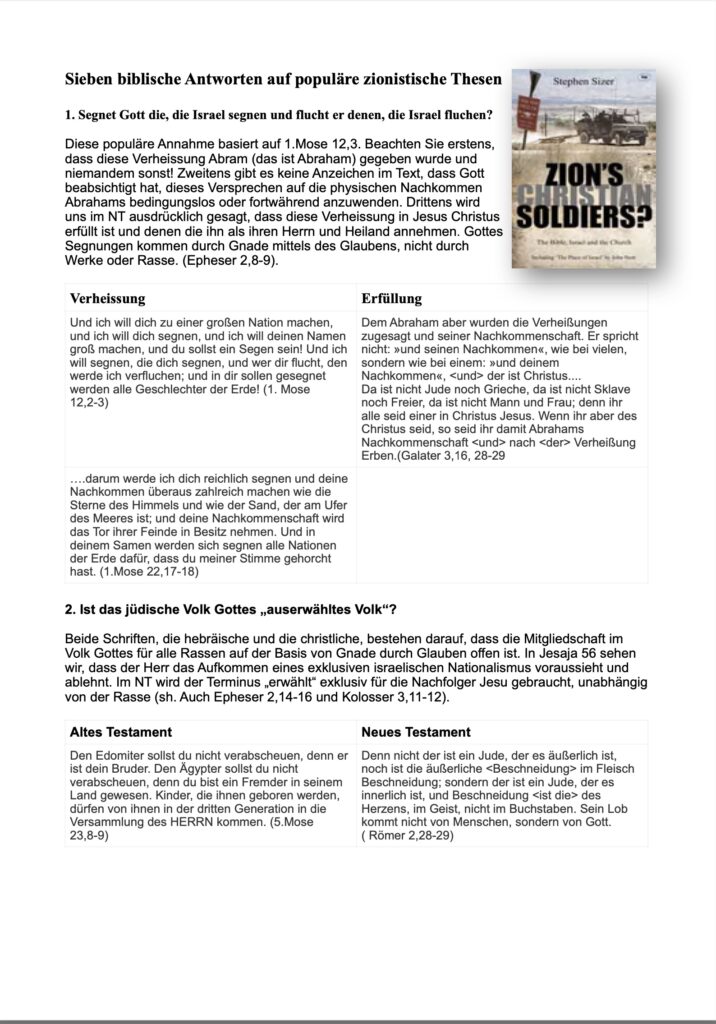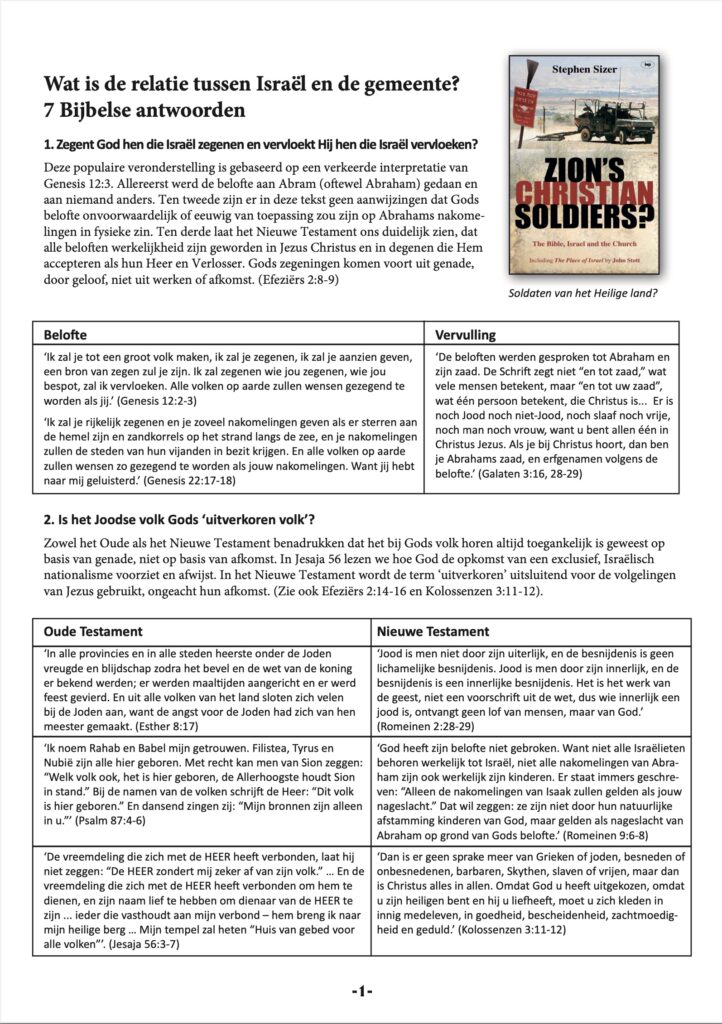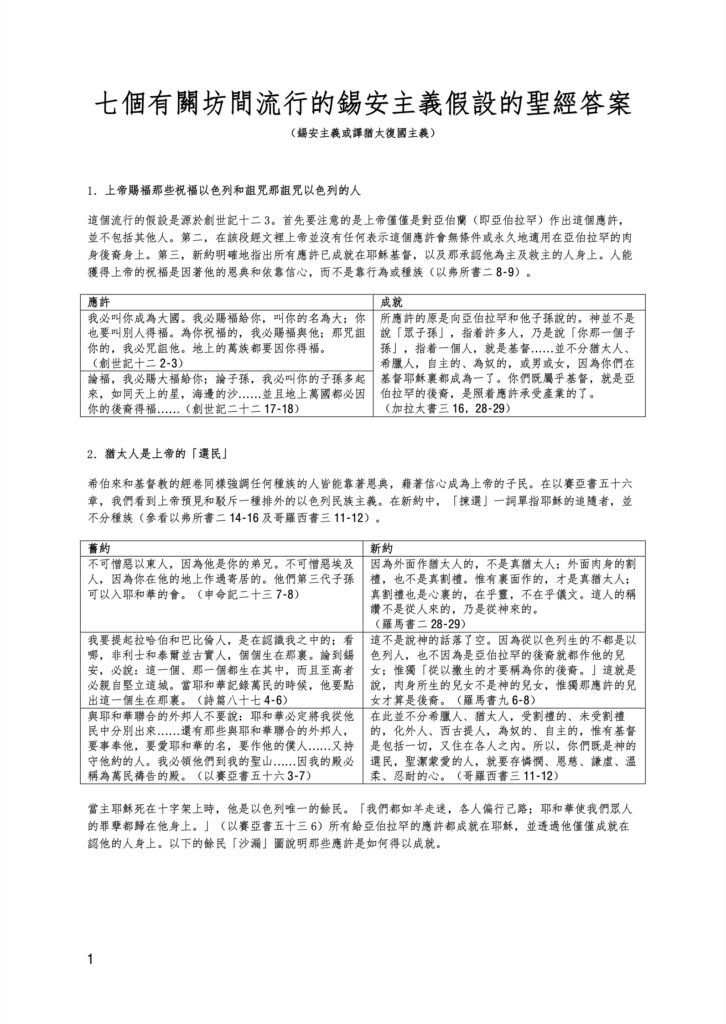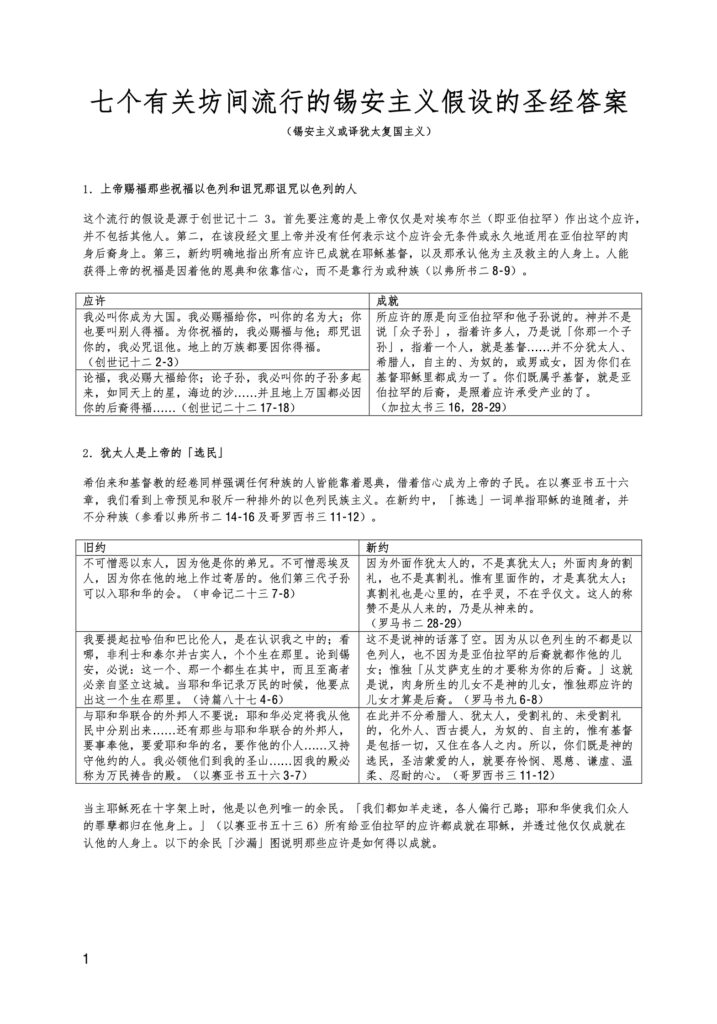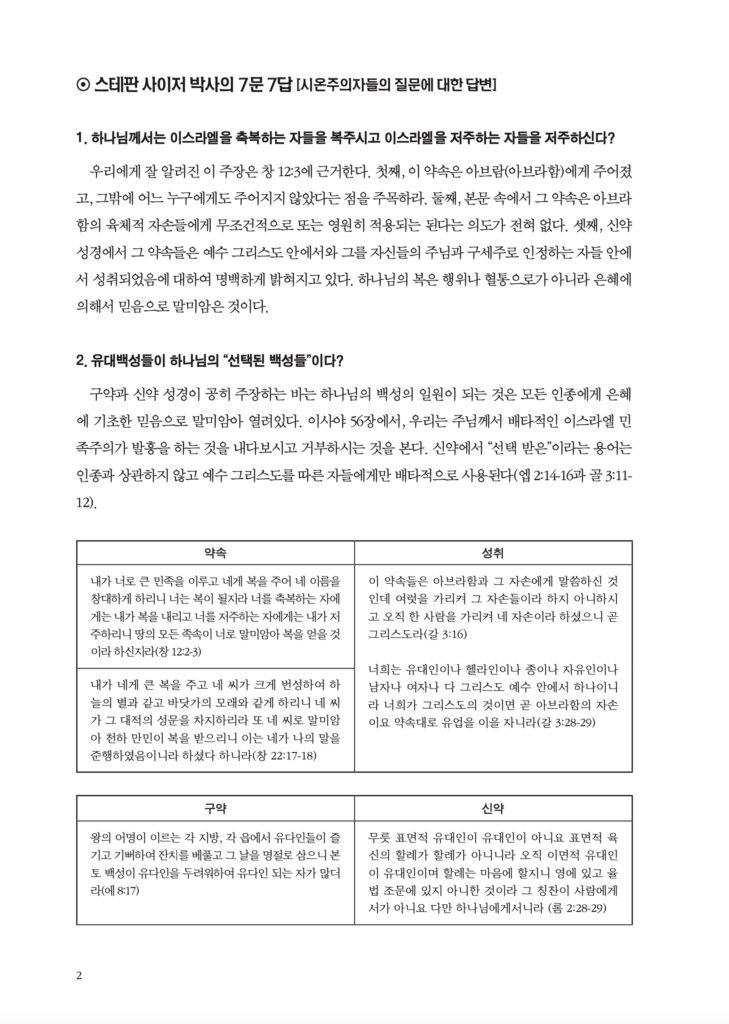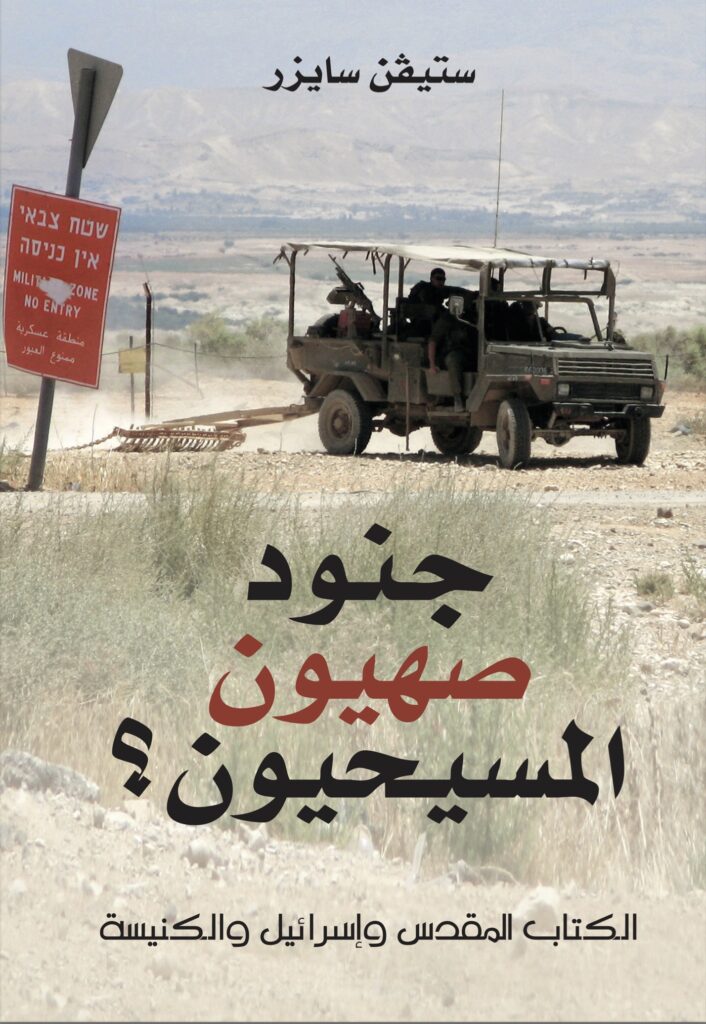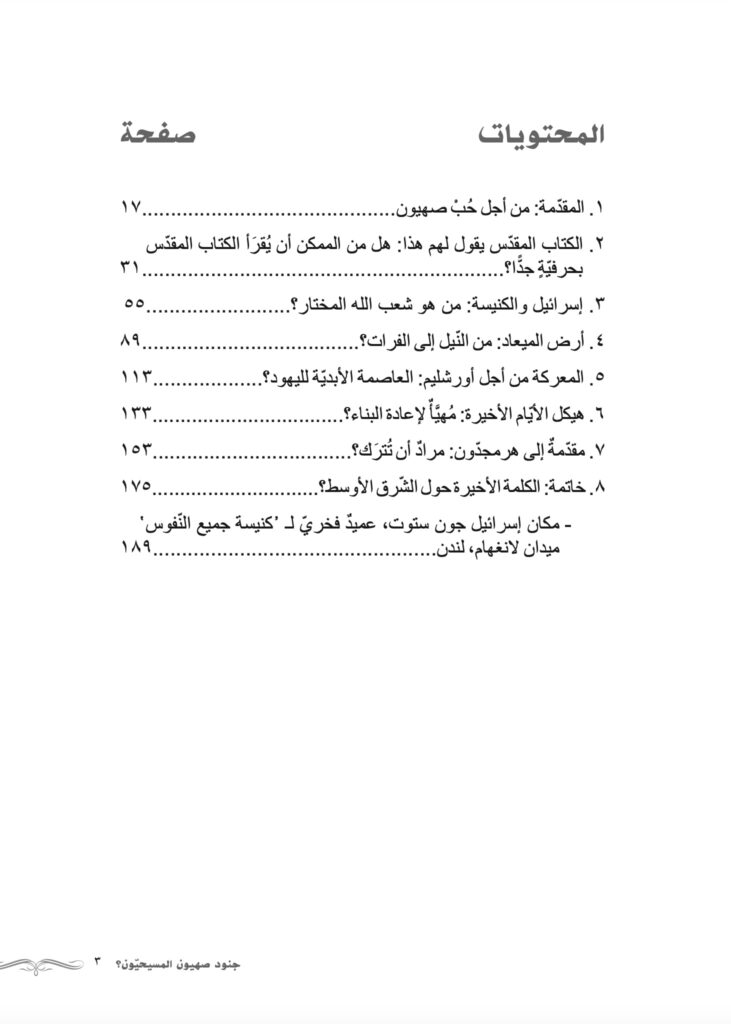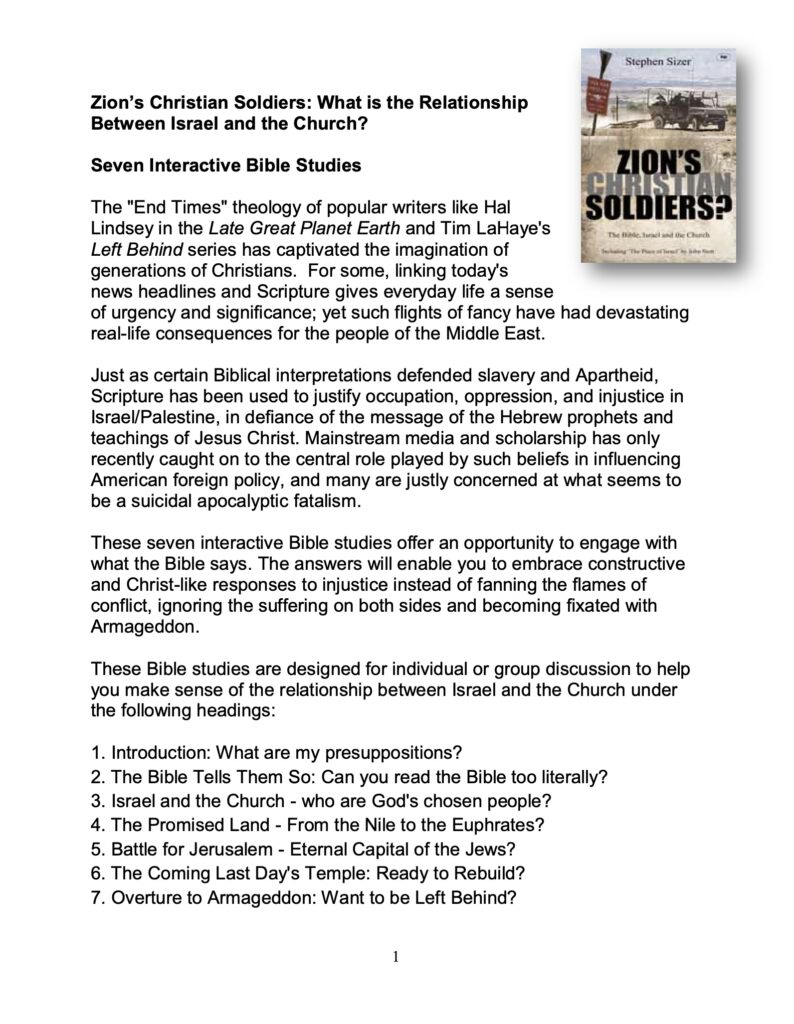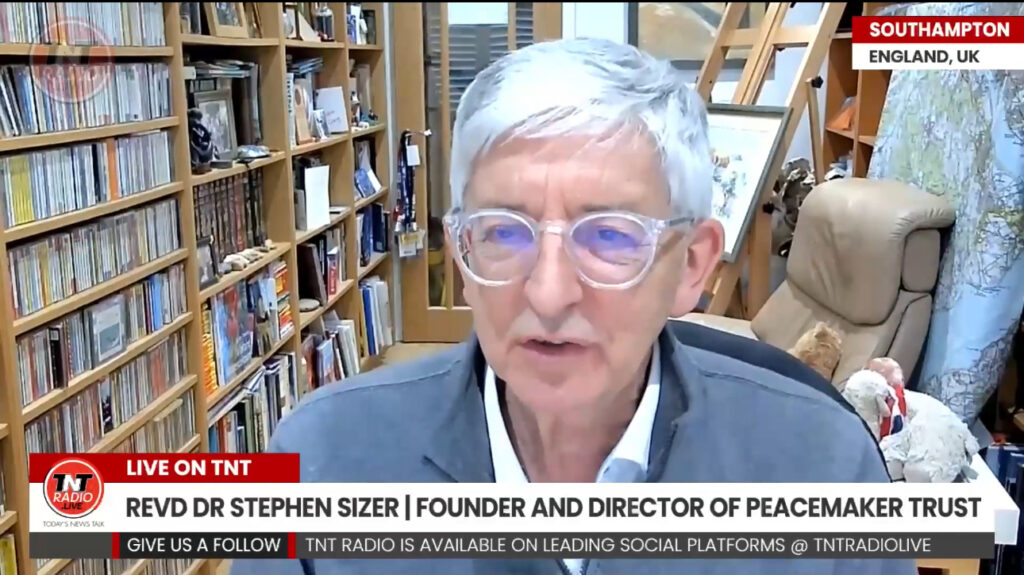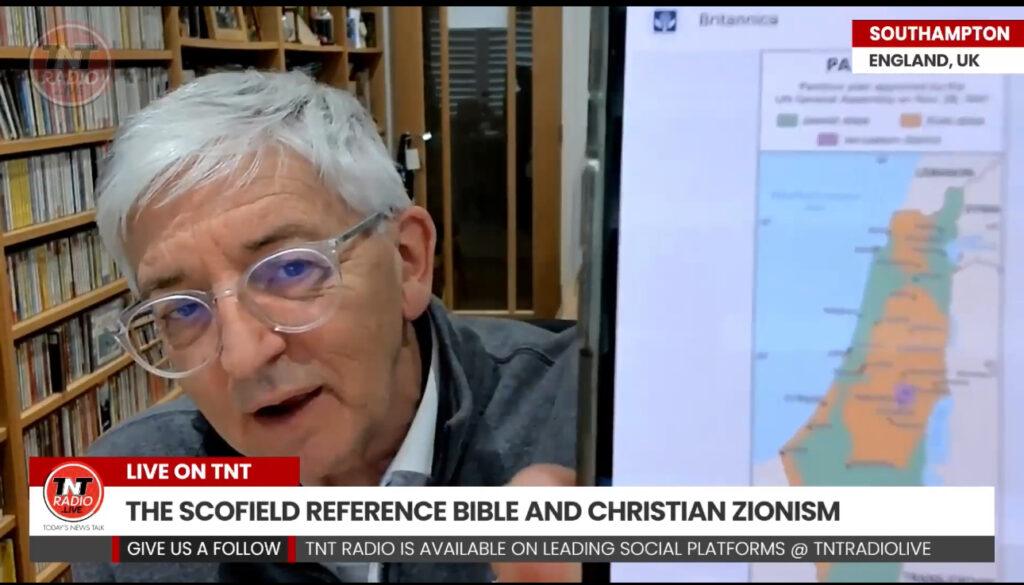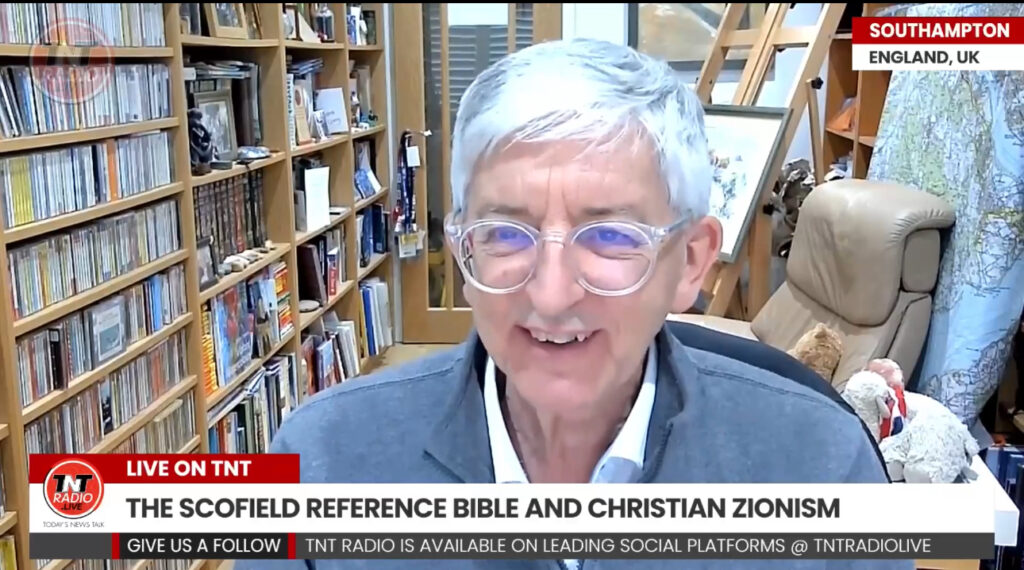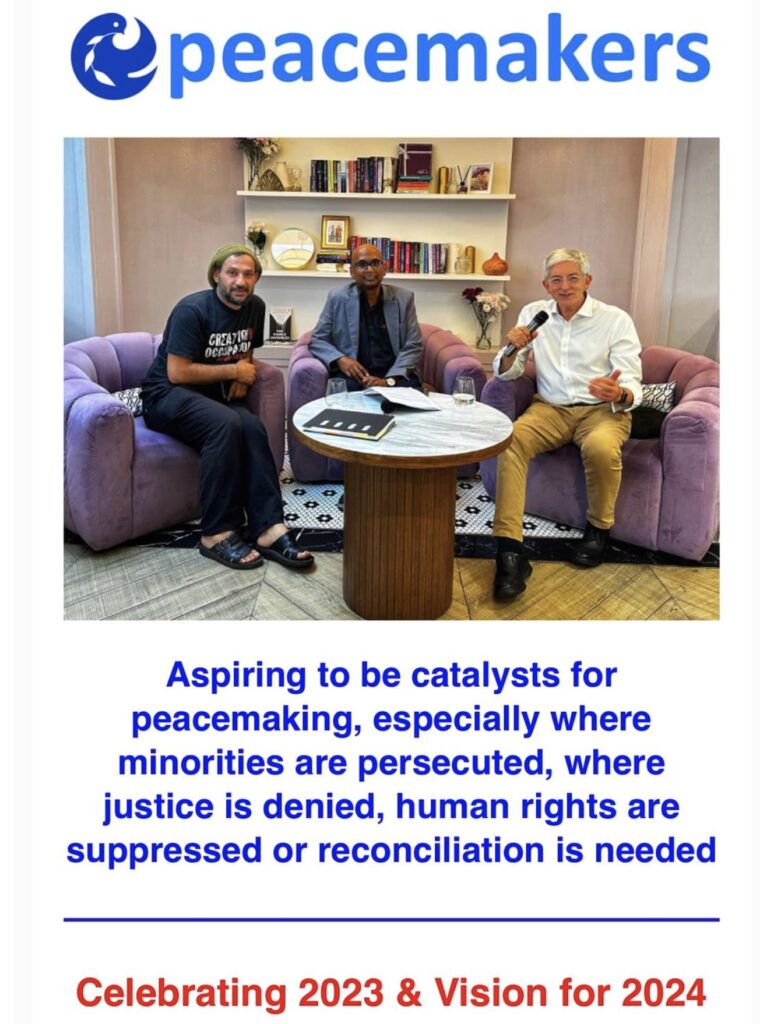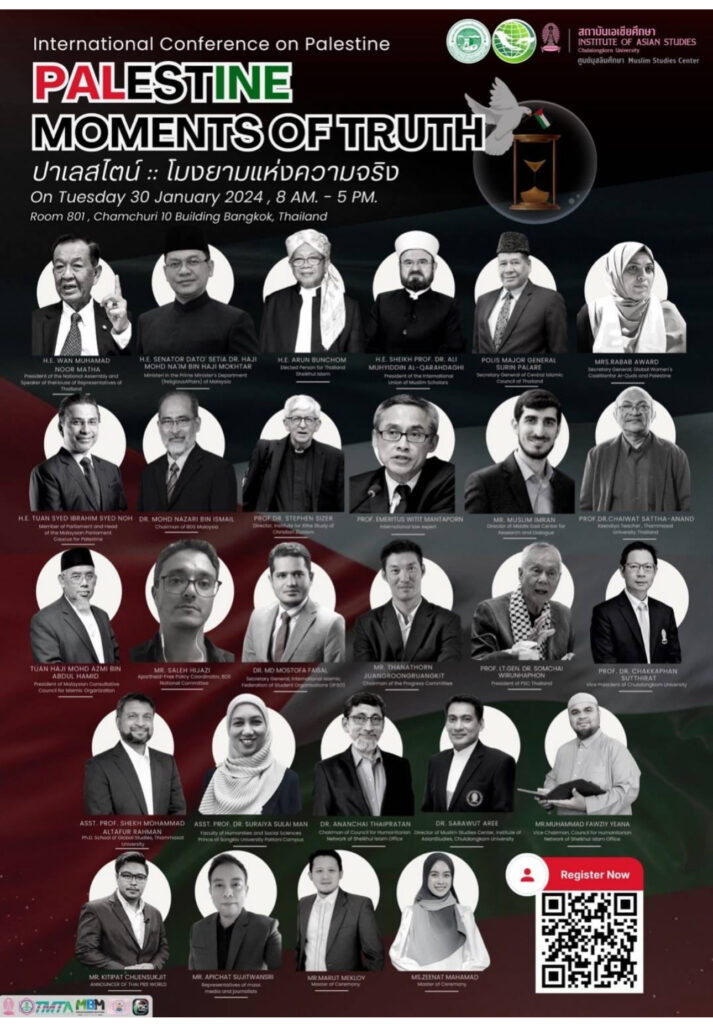
A presentation entitled “A Christian Critique of Israeli Apartheid” delivered at the ‘Palestine: Moments of Truth‘ international conference on Palestine arranged by the Muslim Study Center, Institute of Asian Studies, Chulalongkorn University, Bangkok, Thailand, together with the Council for Humanitarian Network of Sheikhul Islam Office of Thailand on 30 January 2024.
A Christian Critique of Israeli Apartheid in Palestine
On 28 August 1963 Martin Luther King, co-led a civil-rights march of 250,000 people in Washington DC against racism and segregation. In what has become probably the most well-known and widely quoted speech in history,
“I have a dream that one day this nation will rise up and live out the true meaning of its creed. We hold these truths to be self-evident that all men are created equal. I have a dream that my four little children will one day live in a nation where they will not be judged by the colour of their skin but by their character. When we let freedom ring, we will be able to speed up that day when all of God’s children, black men and white men, Jews and Gentiles, Protestants and Catholics, will be able to join hands and sing in the words of the old spiritual, “Free at last, free at last. Thank God Almighty, we are free at last.”[1]
Continue reading
